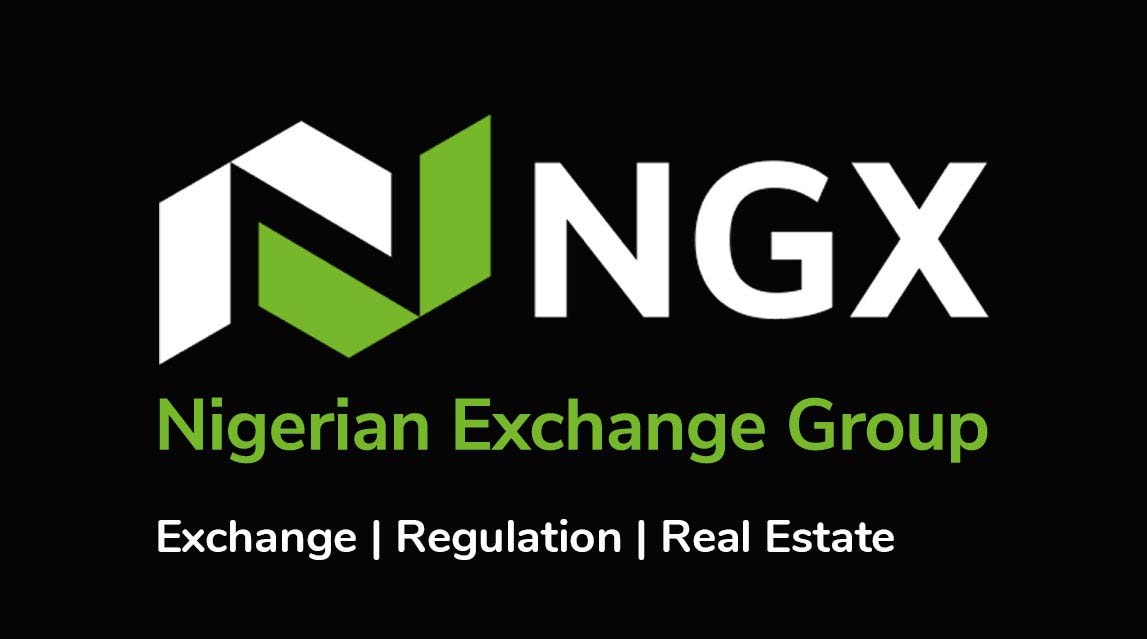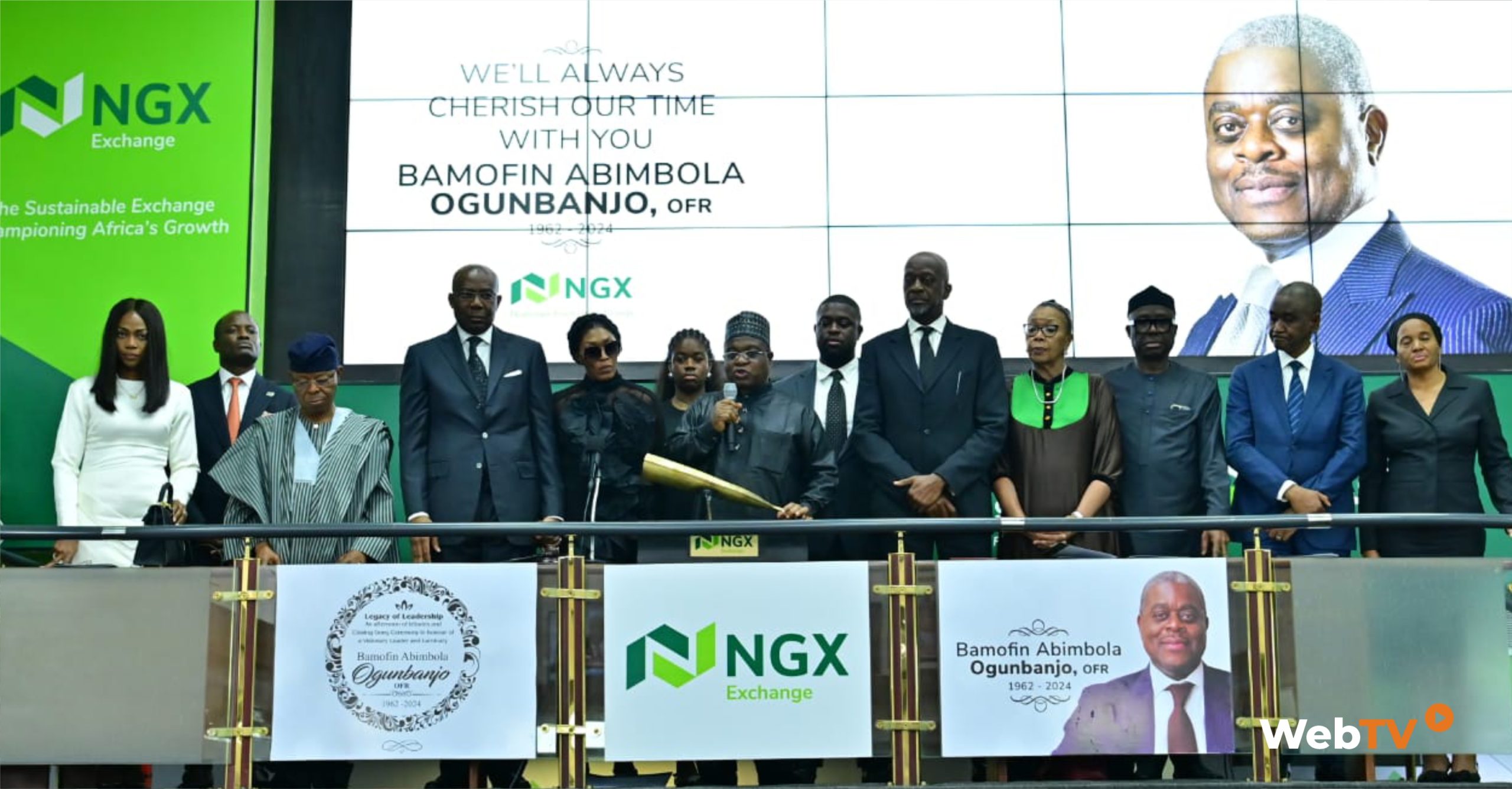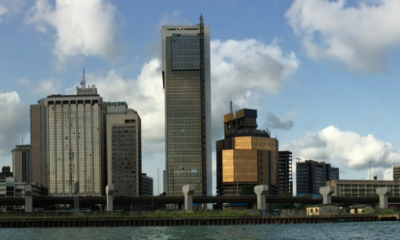NEWS
Breaking: NGX Issues Results of Full Year Market Indices

The Nigerian Exchange Limited (NGX), has announced the results of its full-year market index review.
In an electronically transmitted statement to Biztellers, on Tuesday, the report was set out in the following indices – the NGX 30, NGX Lotus Islamic, NGX Pension, Corporate Governance Index, Afrinvest Bank Value Index, Afrinvest Dividend Yield Index, Meristem Growth Index, Meristem Value Index; and the five Sectoral Indices of The Exchange – NGX Banking, NGX Insurance, NGX Industrial, NGX Consumer Goods and NGX Oil & Gas.
Signed by Head, Marketing and Corporate Communications, NGX, Clifford Akpolo, it averred in part, “The review has led to the entry and exit of some companies from several indices that took effect at the opening of the market on Tuesday, January 3, 2023.
“Listed below are the incoming and exiting companies in the various indices:
Indices Title Incoming Exiting
NGX 30 Index • BUA Foods • Oando
• Wema Bank Plc • UBn Plc
NGX Consumer Goods Index • None • None
NGX Banking Index • None • None
NGX Ins Index • None • African Alliance Ins
NGX Industrial Index • None • None
NGX Oil & Gas Index • MRS Oil Plc • Oando Nig Plc
NGX Pension Index • Airtel Africa Plc
• BAU Foods Plc • Honeywell Plc
• Conoil Plc
NGX Lotus Islamic Index
• CAP Plc • NAHCO Nigeria Plc
• NASCON Nigeria Plc
• Presco Plc
Corporate Governance Index • Berger Paints Plc • None
Afrinvest Bank Value Index • None • Fidelity Bank Plc
.
Afrinvest Div Yield Index • None • University Press Plc
• Access Holdings Plc
Meristem Growth Index • FIDSON Plc
• Nigeria Breweries Plc
• Sterling Bank Plc • Dangote Cement Plc
• Eterna Plc
• Glaxo Smithkline Con. Plc
• Seplat Energy Plc
• Guaranty Trust Holding Co. Plc
Meristem Value Index • Access Holding Plc
• Glaxo Smithkline Con. Plc
• May & Baker Nig. Plc
• LAFARGE Africa Plc • None
“The indices were developed to allow investors track market movements and properly manage investment portfolios. Designed using the market capitalisation methodology, the indices are rebalanced on a semi-annual basis on the first business day in January and in July.
“The Nigerian bourse began publishing the NGX 30 Index in February 2009 with index values available from January 1, 2007. On July 1, 2008, the NGX developed five sectoral indices with a base value of 1,000 points, designed to provide investable benchmarks to capture the performance of specific sectors. The sectoral indices comprise the top fifteen most capitalised and liquid companies in the Insurance and Consumer Goods sectors; the top ten most capitalised and liquid companies in the Banking and Industrial Goods sector; and the top seven most capitalised and liquid companies in the Oil & Gas sector.
“In July 2012, the Nigerian bourse launched The NGX Lotus Islamic Index (NGX LII) which consists of companies whose business practices are in conformity with Shari’ah Investment Principles, with the aim of increasing the breadth of the market and creating an important benchmark for investments as the alternative ethical and noninterest investment space widened. The companies that appear on the Islamic Index have been thoroughly screened by Lotus Capital Halal Investment, in accordance with a methodology approved by an internationally recognised Shari’ah Advisory Board comprising of renowned Islamic scholars.”
NEWS
Moghalu Prescribes Good Governance As Panacea To Ethnic Agitation

The President of the African School of Governance, Kingsley Chiedu Moghalu has admonished state actors against resorting to brutal force in the bid to muscle out separatist agitators.
In the aftermath of Mazi Simon Ekpa, the Finland based Biafran nationalist agitator being caught in legal web and the Nigerian government moving swiftly to seek his repatriation, the former deputy governor of the Central Bank of Nigeria (CBN) has cautioned that ‘We either fix our problems, or our problems will eventually “fix” us. No alternative to a renegotiated union.’
ALSO READ: Finnish Police Arrest Simon Ekpa Over Terror-Related Allegations
The political economist, while expressing his hope in Nigeria, made it clear that “hope is not a strategy”.
He bared his mind in a series of posts on his verified handle on micro-blogging site, X on Friday.
Moghalu wrote, “Despite sustained contemporary difficulties, I am hopeful about Nigeria. But hope is not a strategy. We need to improve state capacity for effective governance.
“We either fix our problems, or our problems will eventually “fix” us. No alternative to a renegotiated union.
“We must learn to be honest with ourselves and address the root causes of our problems. Why ignore them, when the problem is actually quite solvable? The problem with continuing with this approach is that when the danger crystallizes, those who thought they were benefiting from
NEWS
N1.7trn Loan: Atiku Blames NASS For Worsening Nigeria’s Debt Burden
Former Vice President, Atiku Abubakar has criticized the federal government’s plan to secure an additional N1.7 trillion loan through Eurobonds to cover a shortfall in the 2024 budget, describing the borrowing as unsustainable and harmful to Nigeria’s economy.
In a statement shared on Thursday via his X (formerly Twitter) handle, Atiku accused the Bola Tinubu-led administration of burdening Nigerians with debt while failing to provide clear answers about the country’s fiscal challenges.
READ ALSO: CSR: Dangote Cement Fuels Education With Support Projects At Lagos Schools
He also faulted the National Assembly for enabling what he called a “voracious appetite” for loans.
The former Peoples Democratic Party (PDP) presidential candidate expressed alarm over a recent World Bank report ranking Nigeria as the third most indebted country to the International Development Association (IDA), calling the development troubling.
“The recent report released by the World Bank, showing Nigeria as the third most indebted country to the International Development Association (IDA), is very concerning,” Atiku stated.
He raised further concerns about the government’s decision to benchmark the proposed loan at an exchange rate of 1 USD to N800, despite the Central Bank of Nigeria’s official rate being over N1,600.
“What makes this particular loan proposal even more concerning is that it is benchmarked at the exchange rate of 1 USD to N800, whereas the current exchange rate from the Central Bank of Nigeria stands at over N1,600 to 1 USD,” he said.
Atiku questioned the need for additional borrowing, given the government’s earlier claims of record-high revenue collection.
“In July this year, Tinubu boasted that the FIRS and Customs under his watch had collected all-time high revenues to finance the budget. Why are they still borrowing?” he said
He accused the government of a lack of transparency, describing the borrowing spree as detrimental to Nigerians already struggling under economic hardship.
“There is something that they are not telling Nigerians, even as they are being crushed by a combination of their failed trial-and-error policies and loan rackets.”
Atiku also referenced a report by BudgIT, a budget monitoring group, which criticized the 2024 budget for its inefficiencies.
He alleged that corruption, rather than infrastructure or development needs, was driving the government’s borrowing decisions.
“These loans are powered by corruption and not for infrastructure and development needs. This voracious appetite for humongous loans is deeply concerning,” he said.
Reflecting on Nigeria’s financial history, Atiku lamented the return to significant foreign indebtedness just years after former President Olusegun Obasanjo’s administration cleared the country’s debt.
“It is agonizing to see that just a few years after the Obasanjo administration took us out of foreign indebtedness, we are today back at the top spot in the same conundrum,” he stated.
He called for a more cautious approach to borrowing, urging the government to prioritize fiscal responsibility and transparency to avoid worsening Nigeria’s economic challenges.
International News
ICC Issues Arrest Warrants For Israeli Prime Minister Netanyahu, Others
The International Criminal Court (ICC) has taken a historic step, issuing arrest warrants for Israeli Prime Minister Benjamin Netanyahu and former Defense Minister Yoav Gallant.
The charges include crimes against humanity and war crimes allegedly committed during Israel’s recent assault on Gaza.
In a detailed statement, the ICC accused the Israeli leaders of “intentionally and knowingly depriving the civilian population in Gaza of objects indispensable to their survival, including food, water, and medicine and medical supplies, as well as fuel and electricity.”
READ MORE: Osun Govt Decries Attempted Murder Of Park Mgt Chairman By Police
The ICC’s move marks a significant escalation in international scrutiny of the Israeli-Palestinian conflict. Netanyahu and Gallant are alleged to have orchestrated policies that caused severe harm to the civilian population in Gaza, leading to widespread condemnation from human rights organizations.
Alongside the charges against Israeli officials, the ICC also issued an arrest warrant for Hamas military commander Mohammed Deif. Deif has long been a central figure in Hamas’s military operations. Israel’s military claims to have killed him in a July airstrike, although this has not been independently verified.
The warrants highlight growing calls for accountability amid the ongoing conflict in the region. The ICC’s actions are likely to provoke heated debate and may complicate diplomatic efforts aimed at resolving the crisis.
With the warrants issued, global attention now turns to how the international community will respond and whether any practical steps will be taken to enforce them.

















